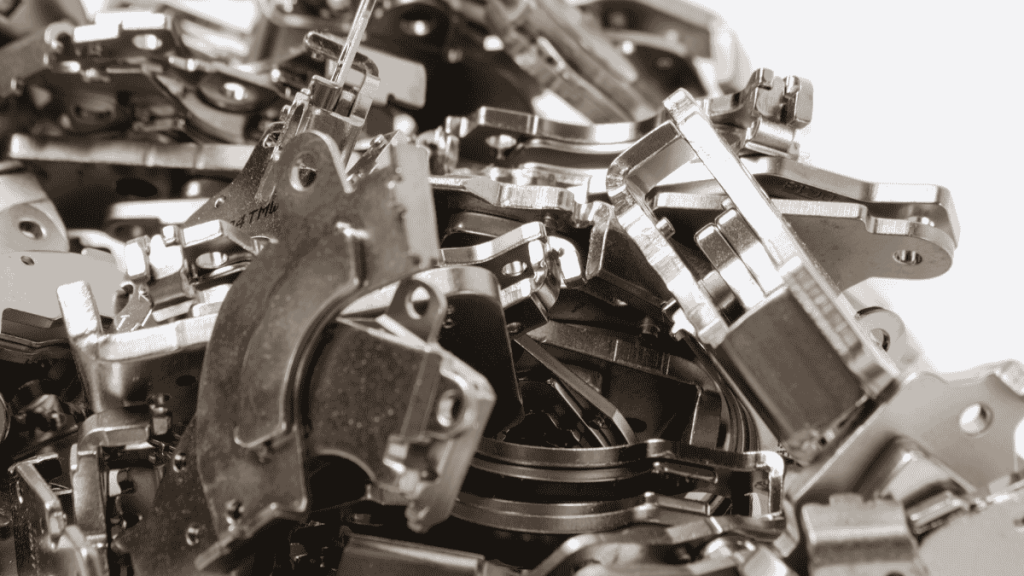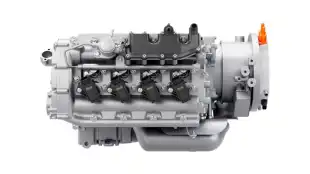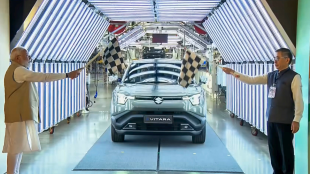India has directed state-run miner Indian Rare Earths Limited (IREL) to suspend its long-standing agreement with Japan on rare earth exports, in a move to secure critical minerals for domestic use and reduce reliance on Chinese imports, according to Reuters.
The directive comes amidst growing global concern over China’s tightening control on rare earth supplies, which are vital for electric vehicles, renewable energy technologies, and high-tech manufacturing.
The 2012 agreement between IREL and Toyotsu Rare Earths India—a subsidiary of Toyota Tsusho—facilitates the processing and export of rare earths, primarily neodymium, to Japan. In 2024 alone, Toyotsu exported over 1,000 metric tons of rare earth materials to Japan, representing roughly one-third of IREL’s total output of 2,900 metric tons. However, Japan continues to source the majority of its rare earths from China, which dominates global supply and processing capabilities.
IREL has historically exported rare earths due to India’s limited processing capacity. With China curbing exports since April 2024, IREL is now focusing on domestic resource development and retention.
According to the Reuters report, Commerce Minister Piyush Goyal advised IREL to prioritise domestic demand during a recent meeting with industry stakeholders. While an immediate cessation of exports may not be feasible due to the bilateral nature of the agreement, IREL is seeking a diplomatic resolution, acknowledging Japan as a strategic partner.
Strengthening Domestic Capacity for Rare Earth Processing
India, which possesses the world’s fifth-largest rare earth reserves at 6.9 million metric tons, currently lacks the infrastructure for large-scale magnet production. In the fiscal year ending March 2025, the country imported nearly 53,748 metric tons of rare earth magnets, mostly from China, for use in electric vehicles, wind turbines, and medical devices.
IREL is the sole authorised miner of rare earths in India, supplying critical materials to the Department of Atomic Energy for nuclear and defence applications. However, the absence of a complete domestic supply chain and requisite technology continues to delay self-sufficiency.
The miner operates an extraction facility in Odisha and a refining plant in Kerala. For the fiscal year ending March 2026, IREL aims to produce 450 metric tons of neodymium, with plans to double this capacity by 2030. The company is also scouting for a corporate partner to venture into rare earth magnet production catering to the automotive and pharmaceutical industries. The Indian government is preparing incentive packages to attract investments in rare earth processing and magnet manufacturing to bridge the domestic supply gap.




















